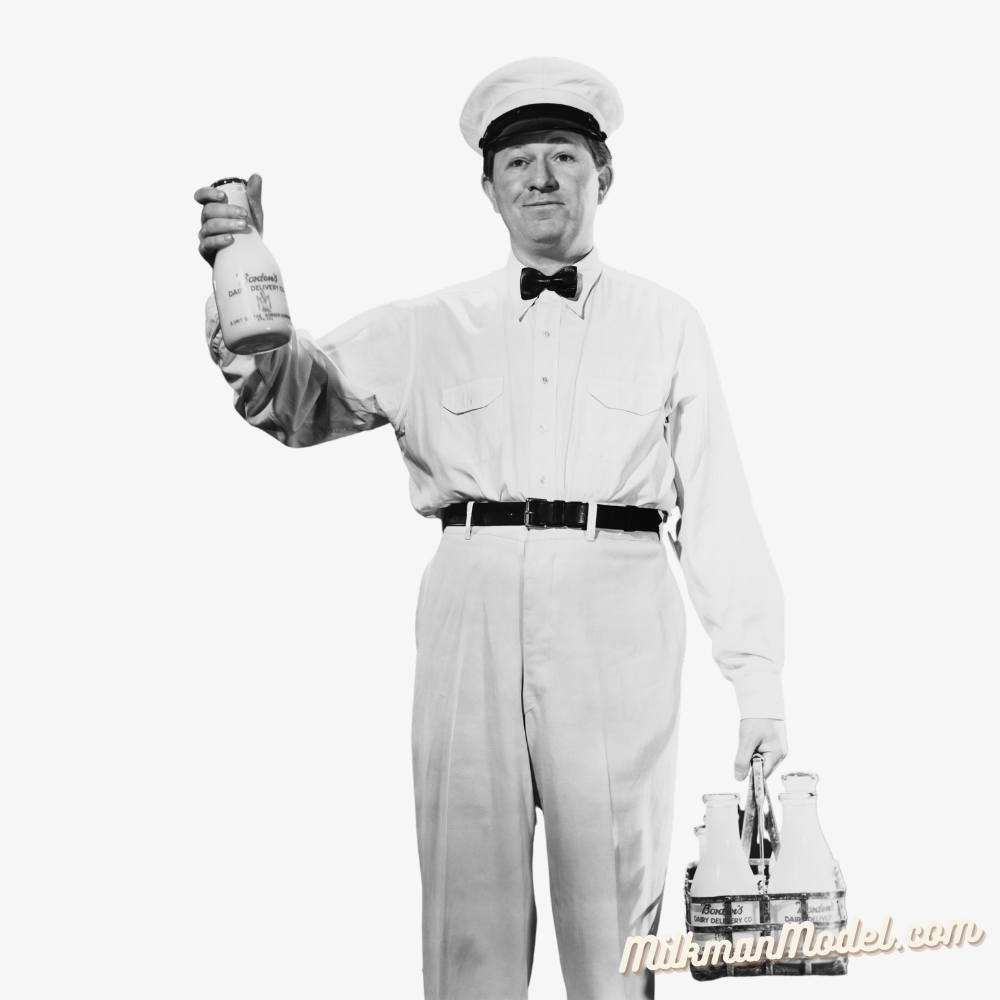What is American Milkman Model?
The Milkman Model may sound outdated since this term has a history dating back to the 1950s. At that time in the USA, consumers didn’t own the milk bottle, the producing companies did. The milkmen delivered the milk to the customer’s house and collected the old empty bottles which had been used. They brought them back to the factory, where they would be washed, cleaned, and ready to be used again. In the dawn of the 2000s, with the mass production of bottles at significantly cheaper prices, instead of returning to the milkmen, the used bottles went straight to the garbage bin.

The consumer industry had indeed gone in a circle because about a century later, the plastic industry considered reviving this model. At the recent event held by the World Economic Forum, Loop announced a new shopping platform. The idea was applauded by several industry influencers and experts and is also expected to be a signal that changes consumers’ shopping habits. Tom Szaky, CEO of TerraCycle, an international recycling company based in New Jersey, commented, “Loop is the future of consumption.” The top consumer brands PepsiCo, Nestle, and Coca-cola had registered their partnership with Loop. The industry leaders shared a vision that by 2030, all of their packagings will be either reusable or recyclable. So far, the response to the Loop model has been highly positive. Loop is, in short, a “reincarnation” of the milkman model. Loop deliverymen take shampoo, milk bottles, cosmetic products, etc per order to the customer’s house. After use, customers return the empty bottle at their door, so that the deliverymen can bring them back to the recycling center.
Will this model hold any future in Vietnam and other developing countries?
This is a question that does not address the present, but the future. So far, online shopping and home delivery is not popular shopping habit in Vietnam. Consumers have always been shopping directly at the store, hence there has never been a milkman model in Vietnam, to begin with. There are only two outcomes of this. Stores will start to open a place for used bottle dumping. Customers bring their empty bottle back to a collection point in the store to gain a discount. Or the exact milkman model could work. With the rise of online shopping, the Loop model could be a perfect option to consider in the near future. The only question left is, how much the consumer industry and the government are willing to assist with this approach of recycling method?
About European Plastic Company
Founded in 2007, European Plastic Company (EuP) is the top producer and exporter of CaCO3 filler and master batch in Vietnam. We are authorized by the Vietnam Government to exploit the rich calcium limestone resource with over 100 years in formation. EuP has been a reputable partner of plastic producers from 70 countries across the world. Contact us for more details!